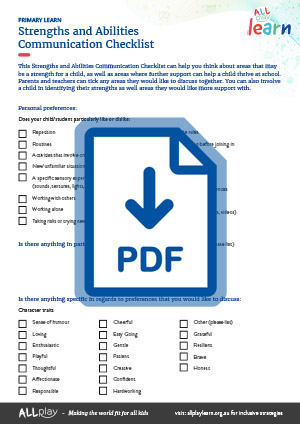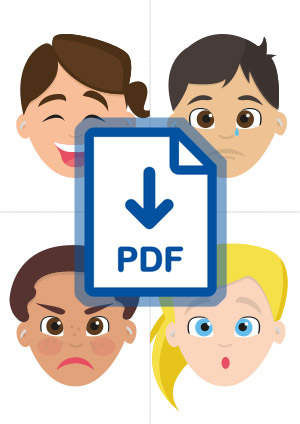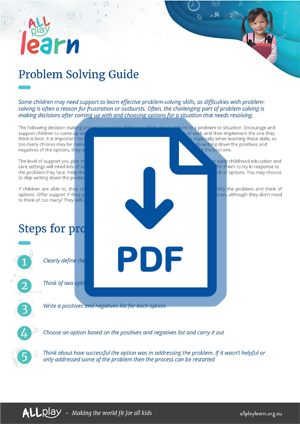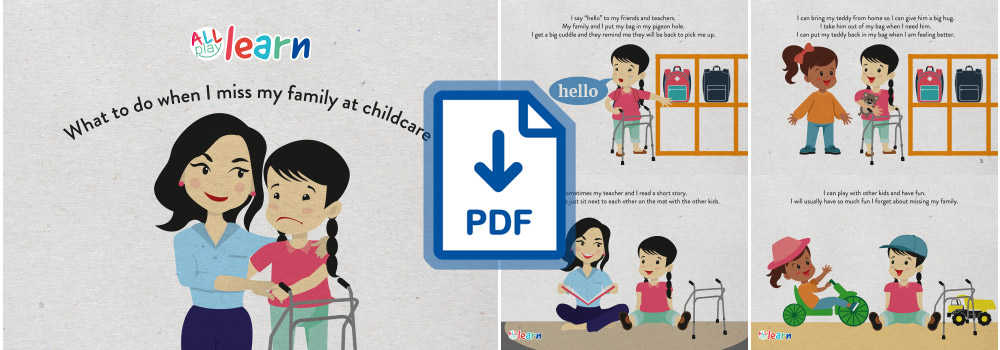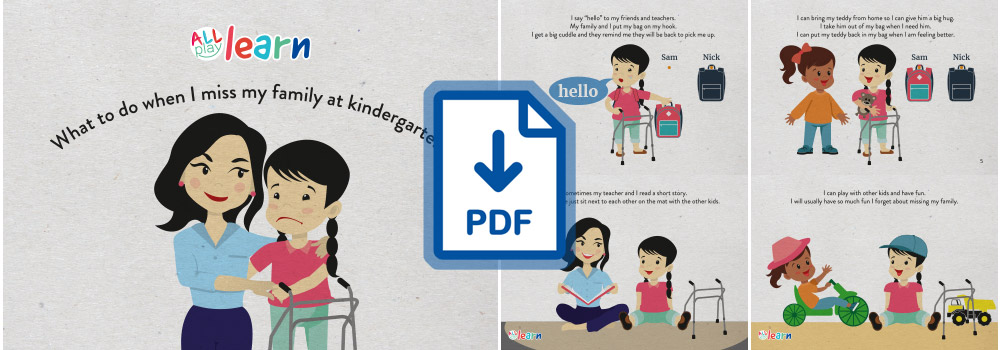Emotions
On this page:

About emotions and emotion regulation
Early childhood is a rapid period of development where children start to learn about their emotions and how to regulate them. Some children, such as those with disabilities or developmental delays, will often need more support with learning to recognise, understand and regulate their emotions and related behaviour. Some will need support to identify their emotions and the emotions of other people. Others will need support to help them regulate their emotions which can quickly become intense and result in what might appear to be meltdowns, outbursts, defiance and other challenging behaviour.
Children’s awareness of emotions increases through the interactions they have with adults, other children and new situations. They gradually learn words to describe emotions, learn more about how emotions feel and become more able to manage and express their own emotions in socially appropriate ways. These skills can be called self-regulation.
Whilst children learn the foundations of self-regulation and emotional awareness with usual childhood development, they may need extra support to learn more effective and socially appropriate ways to understand their emotions and manage their emotions by themselves. When children are able to regulate their emotions effectively, they are better able to learn, interact with others and become more independent. In early childhood children haven’t yet learnt how to regulate their emotions and will need the support of others. There are many ways educators can support the development of these very early emotion regulation skills.

Evidence-based strategies
Model and talk about emotions
Encourage children to express emotions
Teach children to manage problems

Best practice tips
Respond to children’s emotions
Talk about emotions
Show children how to express emotions
Help children respond to conflict

Other considerations

Relevant resources
Visit our resources page for a range of resources that can help to create inclusive education environments for children with disabilities and developmental challenges. Some particularly relevant resources for supporting children with emotional issues include:

